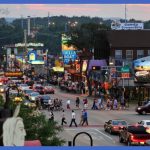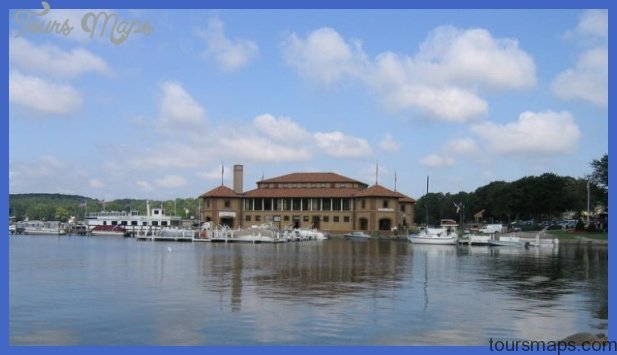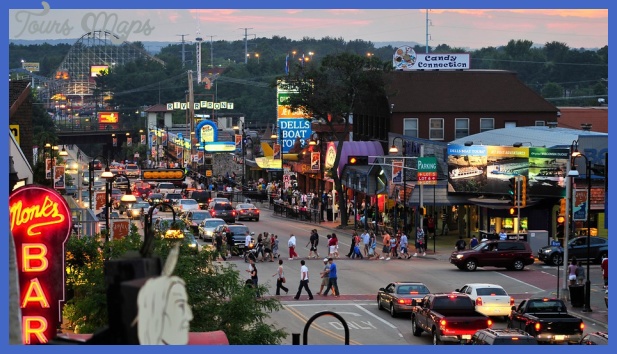The struggle for Latino recognition and worker’s rights continued into the 1970s. A report from the Governor’s Investigating Committee on Problems of Wisconsin’s Spanish Speaking Communities in 1971 sums up the Latino sentiment at the time. The report begins,
In the days since we received our charge, we have listened to the voices of the Latin community in southeastern Wisconsin. We are deeply disturbed. We have seen a citizenry divorced and ignored by their institutions. We have felt the frustration and outrage which exists. Tragically, we have repeatedly seen evidence that faith in society and its institutions has been violated.
This report states that Wisconsin’s government continually ignored Latinos’ demands. Like previous reports, this one recommends improvements in education, health and social services, housing, and community relations and encourages the hiring of Latinos in various capacities.
Also in 1971, UMOS representatives led a march from Milwaukee to Madison to demand better housing and the ability of outreach workers to enter private property to speak with migrant families. After a meeting with the governor, the Department of Industry, Labor, and Human Relations committed to allowing one UMOS worker to enter private property, to establishing an enforcement team, and to distributing information in Spanish, so workers could understand regulations designed to protect them.
Latino education also became a key issue in the 1970s, hitting the forefront when about 150 Latino activists took control of the chancellor’s office at the University of Wisconsin-Milwaukee to demand increased Latino enrollment. After several days of the sit-in, university officials went along with the demands and formed the Spanish Speaking Outreach Institute.
In 1977 the Wisconsin Legislature officially passed the Wisconsin Migrant Labor Law. This law outlined the state’s role in enforcement, requirements of migrant labor contractors and of the written contracts, certification of labor camps, wages, and civil action. Samudio, then working for the state, called this law a milestone for Latinos a change brought about by years of organizing and demanding equality.
The decade did not end quietly, either; protests continued. In 1978, Samudio and two other Latino activists fired a letter off to the secretary of the Department of Industry and Human Relations, reminding the department that it was noncompliant with
recommendations put forth in the November 1976 report Report on State Services to the Hispanic Population of Wisconsin.14 The demand for migrant workers continued to decrease. Rifts between Puerto Ricans and Mexicans in Milwaukee divided the larger Latino community.15 And despite new laws, injustices continued against migrant workers. However, Latinos also gained power within the state structures, and UMOS continued receiving federal funds in lieu of attempts to shut down the organization.
Wisconsin Vacations Photo Gallery
Maybe You Like Them Too
- The Best Cities To Visit in The World
- World’s 10 Best Places To Visit
- Coolest Countries in the World to Visit
- Travel to Santorini, Greece
- Map of Barbados – Holiday in Barbados












